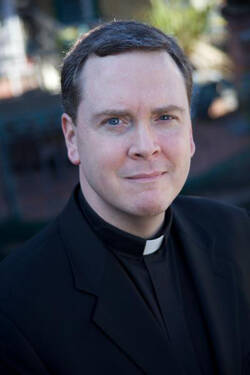When I count back through my predecessors as editor in chief, I figure just over three-fourths of them were Irishmen by descent. This would explain why the editors were always great sympathizers with the cause of Irish independence. This year, as part of the build-up to the centenary of the Easter Rising in 2016, we will release a new book, The Troubles in America: Perspectives on the Irish Question, which will include commentary and extensive excerpts from America’s archives. It makes fascinating reading in part because America’s editors were no mere chroniclers of these events but active participants as well.
In the spring of 1919, Eamon de Valera, the New York-born Irish revolutionary and future president of the Irish Republic, set sail for the United States on a fundraising trip for the Irish cause. The British, who regarded Mr. de Valera as a terrorist, were intent on capturing him as a bandit, or at least blocking him from these shores, and they made several attempts to intercept his ship during the Atlantic crossing. Once they had failed in that merry chase, they made it clear to the U.S. government that they would regard any honor offered Mr. de Valera while he was traveling in the United States as an insult of no minor significance.
Now the editor in chief of America in those days was a Jesuit named Richard Tierney. Father Tierney had a cunning genius and was built like a Buick. He seemed destined to be either a Jesuit intellectual or a union boss. Luckily for us, Father Tierney chose the former. At the time of de Valera’s visit, Father Tierney was already in some hot water with the U.S. government. During World War I, his anti-British rhetoric had led the U.S. government to put America on a list of journals suspected of seditious activity; and after the war had ended, when Woodrow Wilson refused to endorse the cause of Irish independence, Father Tierney publicly accused him of violating his own stated principles of self-determination for all peoples. The editors never warmed to Mr. Wilson, especially since Wilson had expelled Eugene O’Neill from Princeton for the petty crimes of drunkenness and vandalism.
The point is that Father Tierney was not popular with the political classes; and when the secular press reported that Eamon de Valera was to be fêted by the Jesuits at the headquarters of America and a dinner was to be held in his honor there, there was something of a backlash. Was this such a good idea? The British didn’t think so—and in fact the British government forbade distribution of America on Irish shores and confiscated every extant copy.
But Father Tierney and the other editors were wise men. Some might say they were downright Jesuitical. The British did not want the Jesuits to host de Valera for dinner? So Father Tierney did not offer de Valera dinner. He offered him a modest reception instead. One that took place in the dining room…with some very heavy hors d’oeuvres, served in multiple courses that were paired with wines. And there were Irish musicians playing rebel songs. And there were Irish republican signage and decorations everywhere. At the conclusion of the evening, all agreed that it was the most elegant and entertaining non-dinner an Irishman had ever enjoyed.
There’s a lesson in all of this, captured well in some lines by Padraig Pearse, one of the leaders of the Easter Rising. A determined people with a just and moral cause will almost inevitably triumph. “Beware of the Risen People,...ye that have harried and held,” Pearse wrote after the Rising. “Beware of the thing that is coming; beware of the risen people/ Who shall take what ye would not give.”








